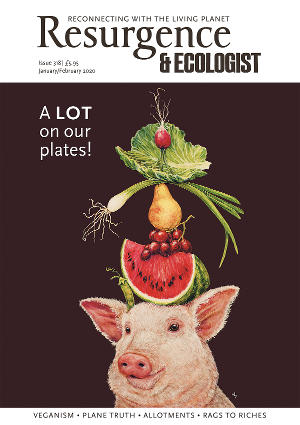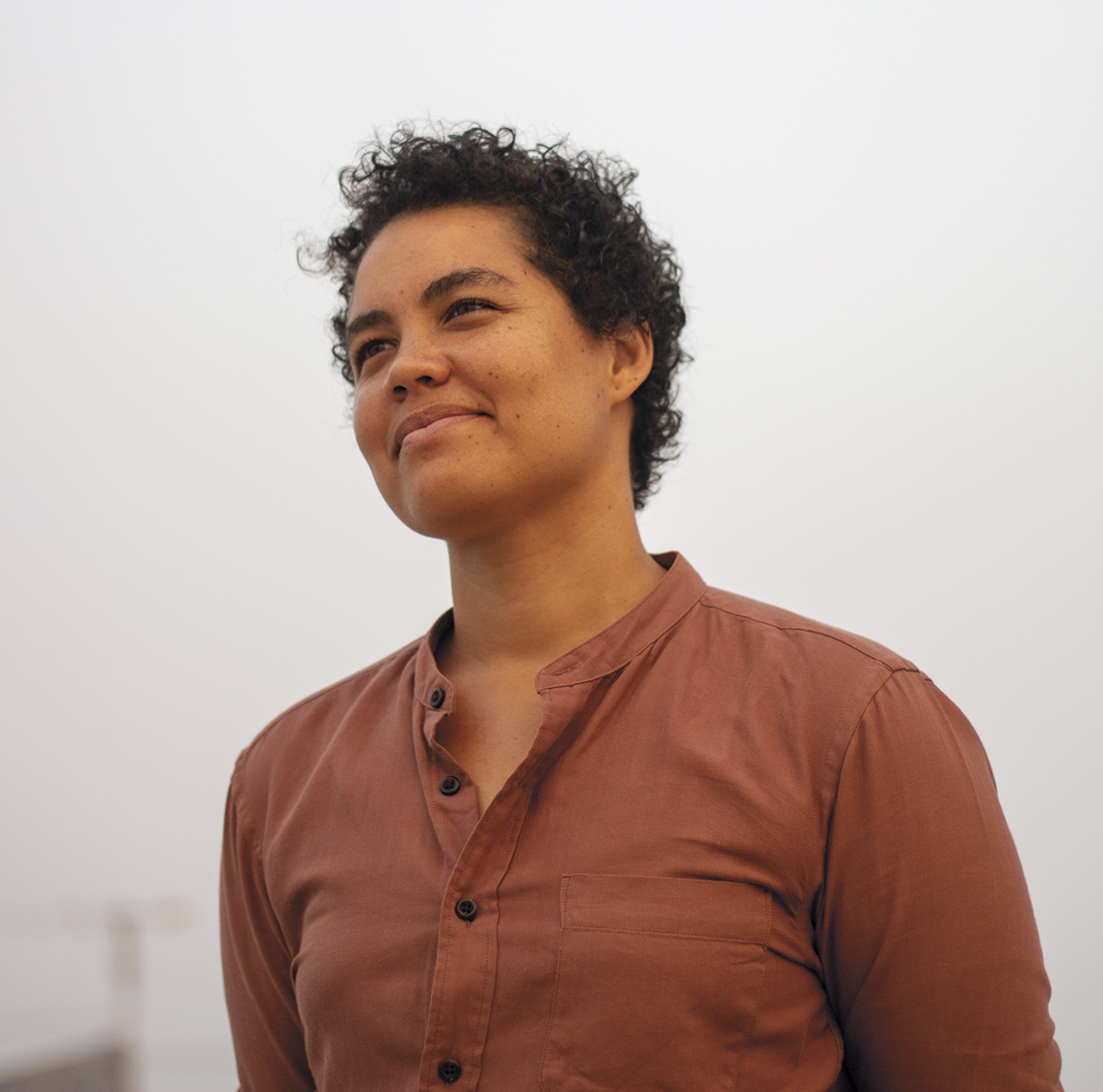“If local people can’t improve their livelihoods, they’re not going to stop impacting the environment, because they depend on it. It’s not a luxury.” This is the philosophy behind the work of 29-year-old Angolan wildlife ethno-conservationist Adjany Costa, who has won international acclaim for her work developing a model to encourage wildlife conservation while fighting local poverty.
Following Angola’s 30-year civil war, which ended in 2002, many people lost connection with the wilderness. Costa reports that during her childhood the only Nature she experienced was the beach, which her father used to take her to visit at weekends.
But during an expedition with National Geographic in 2015, Costa discovered the Okavango, one of Africa’s largest river systems. The river’s basin, shared by Angola, Namibia and Botswana, is not only home to iconic wildlife, but also the source of food, water and livelihood for over a million people.
The remote Luchaze community lives at the headwaters of the basin, by the Cuito River, which is critical to maintaining water levels in the Okavango across all three countries. However, unsustainable livelihood practices are threatening the river and the Miombo woodland that is vital for trapping water, Costa explains.
The people light fires for activities such as agriculture and honey production, or to clear areas of grass to protect children from snakes. Although the species in the area need a certain amount of fire to survive, there is a very fine line between what is natural and what is not. “The frequency and extent of the fires is unsustainable and is impacting the landscape,” Costa says.
The area is also threatened by tourism development, with three or four international operators actively investigating the area, Costa reports. She wants to give the local people a voice so that they can stand up for their rights when the time comes.
But the first step has been to re-establish the link the people have with their environment. Children in the community had never seen many of the animals thearea is known for, recognising only the sounds they made. In addition, the war interrupted the passing on of traditional knowledge to children, who were not aware that certain areas had been protected by their parents and grandparents in the past.
To bridge this gap, Costa has created books with the local community that explain the traditional story of the guardian of the forest and the guardian of the river. “The children can now understand that their grandparents have a close relationship to wildlife that they don’t have now,” she says. “We want them to know that we’re not imposing new views on them: we’re actually using their own culture for the sake of conservation,” she emphasises.
Costa’s work with the communities also led her to discover that they had no concept of the Okavango Delta, the number of people depending on it, and their role in protecting it. “By bringing them an importance that they didn’t realise they had, they became very excited at the idea of working together,” she says.
Adjany Costa was one of seven winners of the Young Champions of the Earth 2019 prize, an annual award organised by the United Nations Environment Programme for young people with outstanding ideas to protect the environment. She received the award for the Africa region. tinyurl.com/unep-prize-adjany-costa
Catherine Early is chief reporter for The Ecologist www.theecologist.org








